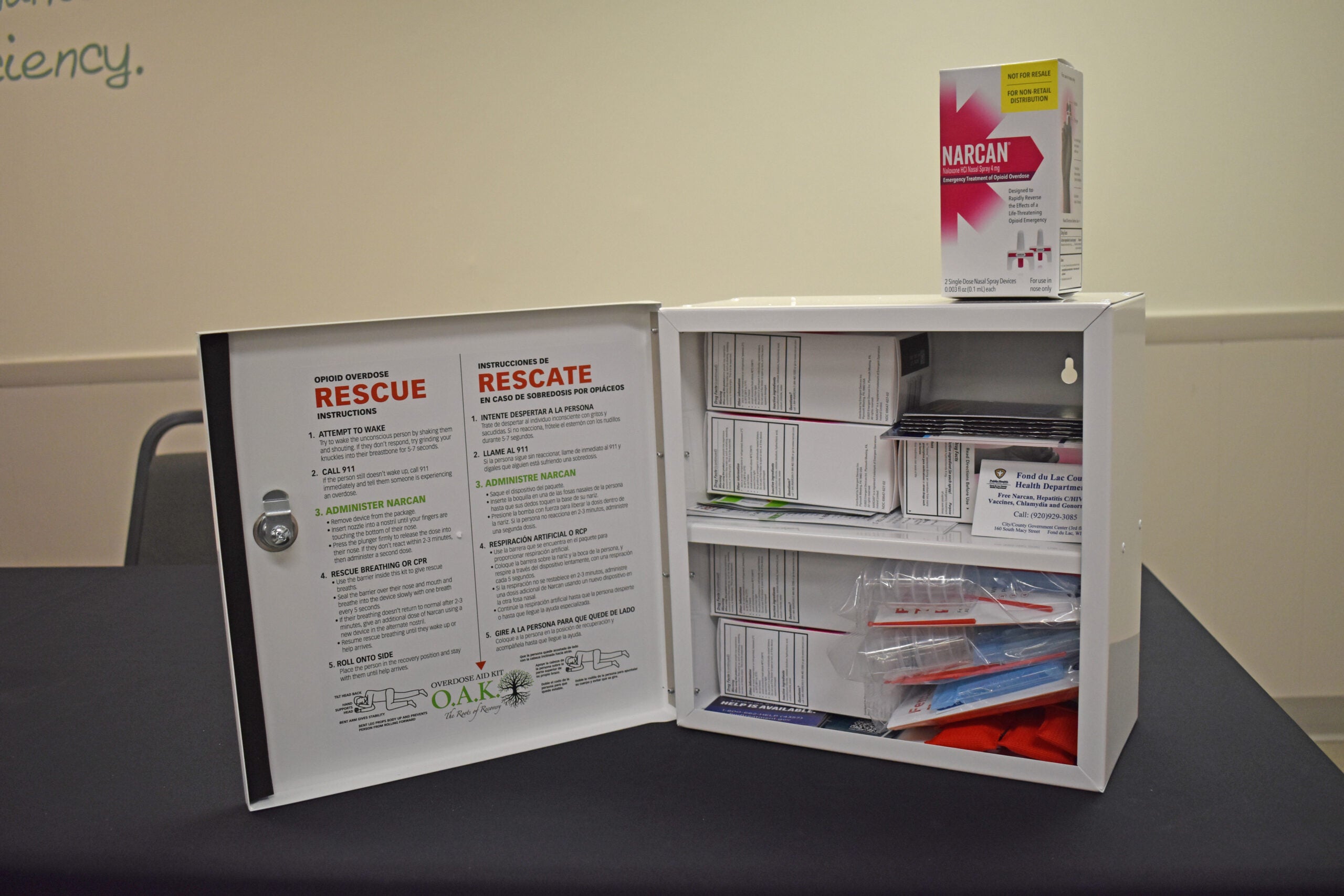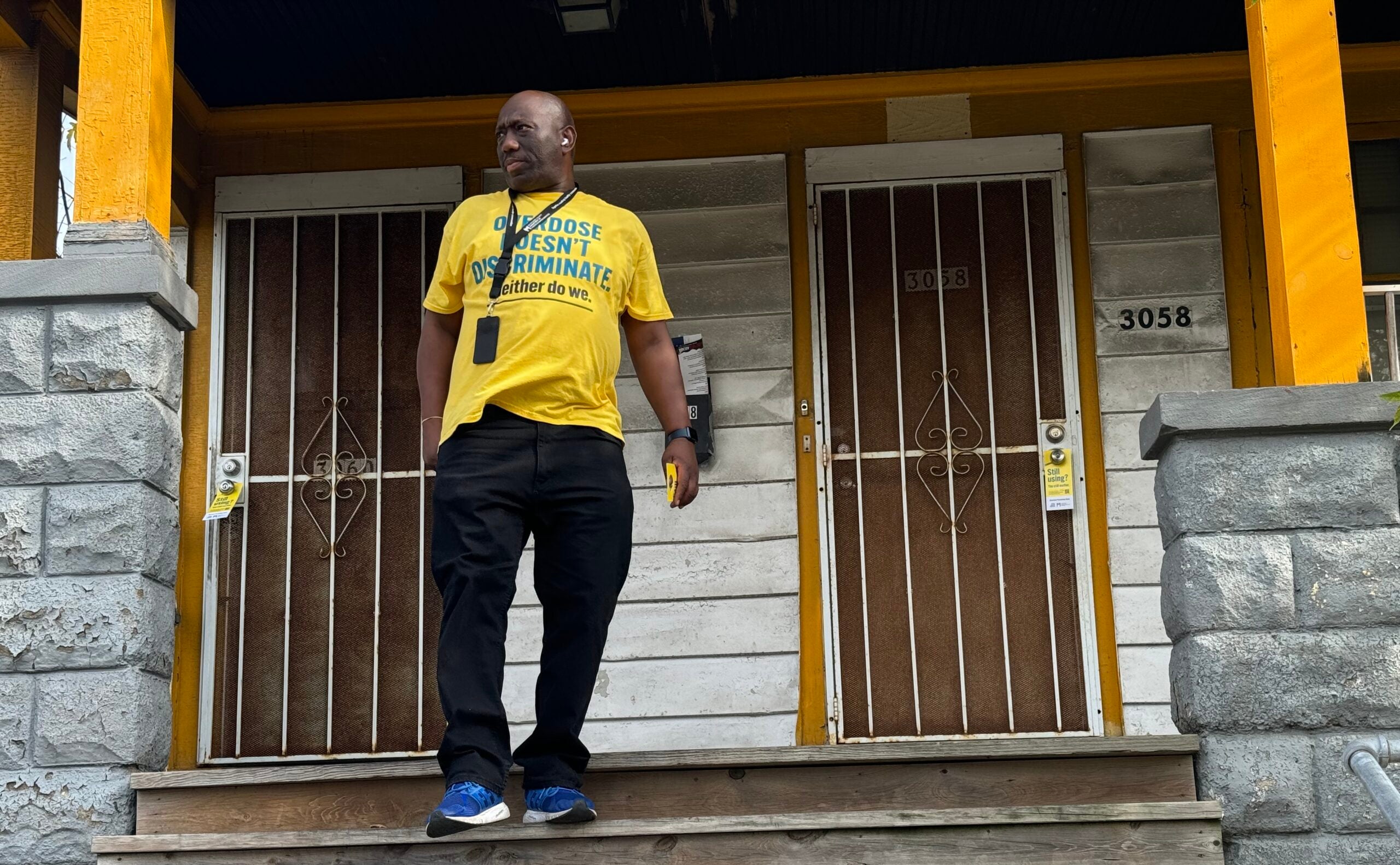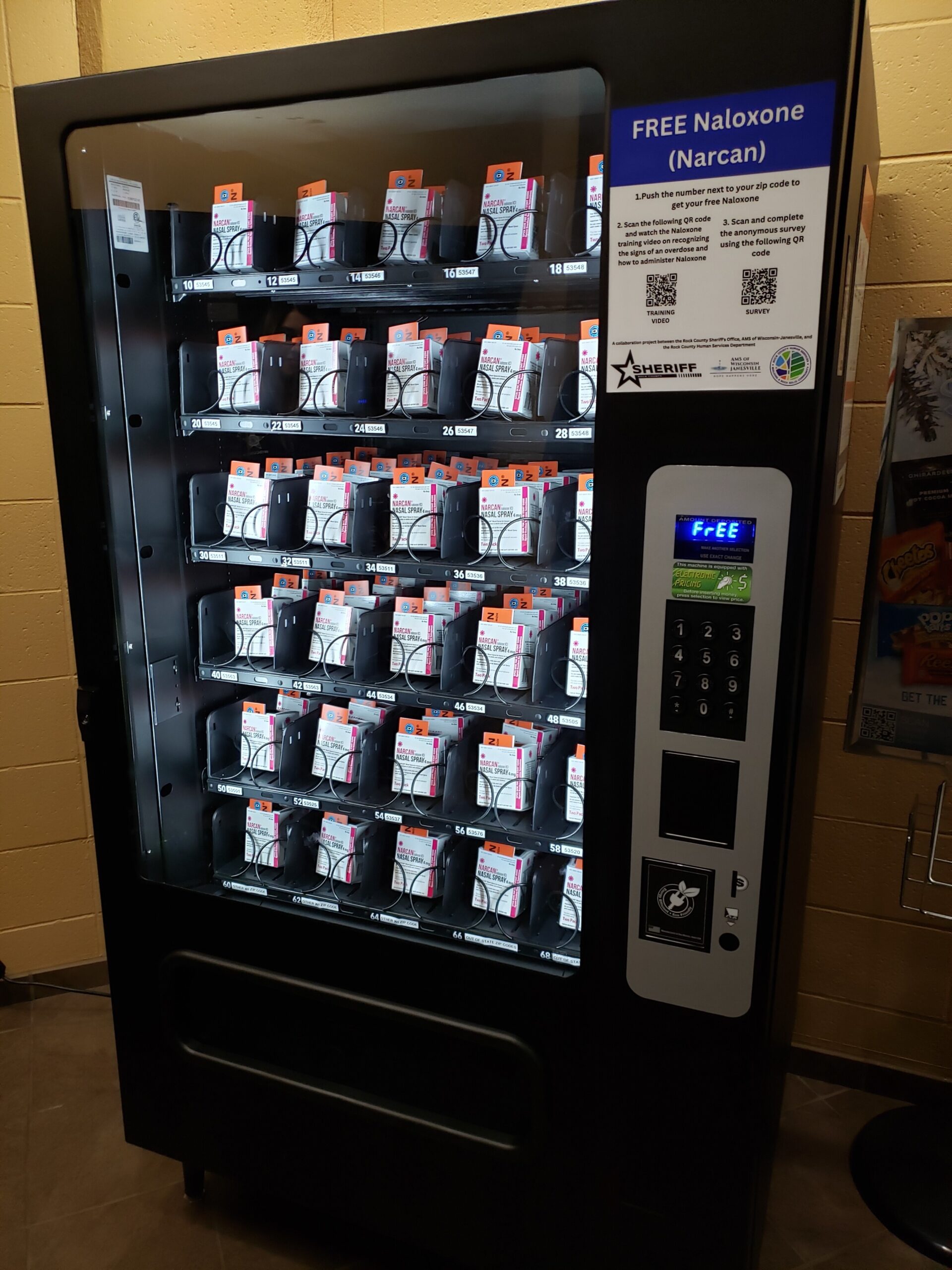Law enforcement, school officials and people with personal ties to Wisconsin’s opioid epidemic spoke Thursday at a legislative hearing on three of the 11 bills that are part of a special session on drug addiction.
Sarah Butler told lawmakers on the state Assembly justice committee how Sauk County’s drug treatment court has helped her stay clean for the past year.
“I work two jobs now, I did get out of the sober living house. I do have my own apartment now, my driver’s license, a car and have worked really hard, and I do give a lot of credit for the things that the Sauk County Drug Court has put in place,” Butler said.
Stay informed on the latest news
Sign up for WPR’s email newsletter.
Butler spoke in favor of the bill that would expand drug treatment and diversion programs. Another bill would add four drug agents to the state Department of Justice. In a separate hearing Thursday, the state Senate committee voted in favor of providing $840,000 over the next two years for the four additional agents, sending the Senate’s bill to the Legislature’s budget committee.
At the hearing, drug agents told lawmakers that western Wisconsin is “overrun with meth right now” and that heroin is popular in eastern Wisconsin, along with fentanyl.
Robert Bell, a Milwaukee special agent with the Drug Enforcement Administration, told lawmakers that fentanyl, a synthetic drug 50 times more potent than heroin, was the main cause of 350 overdose deaths in Milwaukee County last year.
“The introduction of fentanyl has had horrific effects,” Bell said. “Due to the high potency and potential lethality, the dosing of fentanyl alone or mixed with heroin is very concerning and challenging.”
Since 2009, Bell said law enforcement has identified more than 400 new synthetic recreational drugs in the United States.
A third bill would allow the use of the overdose medication, Narcan, in schools. Christopher Kulow with the Wisconsin Association of School Boards, said he isn’t aware of any overdoses happening at schools, but the group wants to be proactive and supports the bill.
Teacher and parent Ellen Grunder also supports the use of Narcan in schools. Grunder, who teaches in the Waunakee Community School District, told lawmakers about her family’s trials with addiction.
“Like most parents I know, I was in deep denial that my children could be susceptible to such a cunning, powerful and baffling disease. Not in my family,” Grunder said. “I was also in denial about the wonderful school district that I thoroughly love working in. I did not think much about there being a drug culture in my community.”
Republican Rep. John Nygren introduced the 11-bill package to address opioid addictions.
Wisconsin Public Radio, © Copyright 2025, Board of Regents of the University of Wisconsin System and Wisconsin Educational Communications Board.





